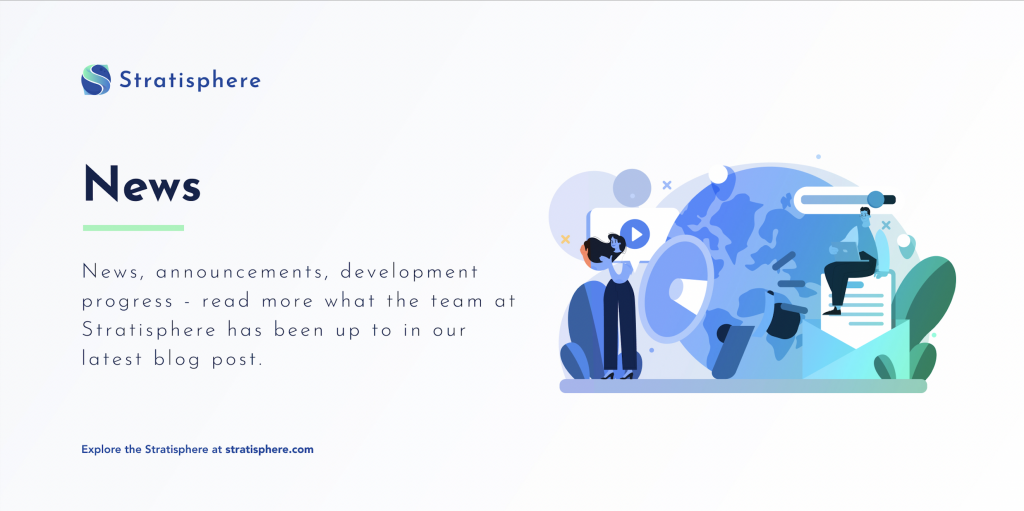This week on the NFT blog, we thought we’d focus on the intersection of music and NFTs. Music continues to be one of the most vibrant sectors in the NFT industry, with innovative releases dropping all the time. These continue to change music and NFTs for the better.
The relationship between tech and music has long been unstable. In the 2000s, the internet seemed to pose an existential threat to the industry — the information democratisation offered by the web gave record companies and artists less control over the distribution of their music, leading to legally dubious streaming sites like Napster. Although the threat now is less extreme, there is still tension between artists and platforms like Spotify, due to the relatively low pay that artists receive from streams. We have also seen a wave of musical artists who owe their fame to the power of the web, and how it removes the need for a middleman for distribution. Artists who have benefitted include Justin Beiber, Lil Naz X and Shawn Mendes.
NFTs allow music to evolve, offering artists a fairer price for their creativity while enabling new acts to emerge due to democratic Web3 principles. Selling music as an NFT can net artists dramatically more than they would earn from streaming platforms, with a single NFT sale of $100 equivalent to the amount made from 20,000 and 33,000 listens on many streaming platforms (although this varies significantly). The music NFT category has also proved resilient to recent market conditions, showing that it can be a secure means of income.
NFT music has allowed some new musical artists to emerge, who use the NFT format to push musical boundaries. However, it has also changed how established acts engage with their audiences. December saw 70s rock legends Led Zeppelin release a new line of NFTs. The Legends of Rock: Led Zeppelin series features photos of the band from their glory days and certified blockchain NFT certificates. Each purchase also included a tangible ticket from Led Zeppelin’s planned 1980 Chicago Stadium Concert, which was cancelled due to the death of their prodigiously talented drummer John Bonham.
NFTs may be new and cutting edge, but they can also give life to something long thought inert. The Led Zeppelin line offers fans a unique opportunity to engage with the band, allowing fans to hold a small piece of their history. The feeling of ownership that NFTs are uniquely positioned to offer allows fans to move past feelings of nostalgia and towards something far more vibrant — to regain the same excitement they had decades before and make new memories.
Technology has changed how people engage with music and will continue to change it. However, this doesn’t mean that the old guard of music is irrelevant, with NFTs able to give a second lease of life to increasingly stale acts. Music will also continue to grow and evolve into the new platform which NFTs provide. Music is art, and NFTs are the new medium for it. Team Stratisphere is excited to see how NFTs and music will work together in the future.
